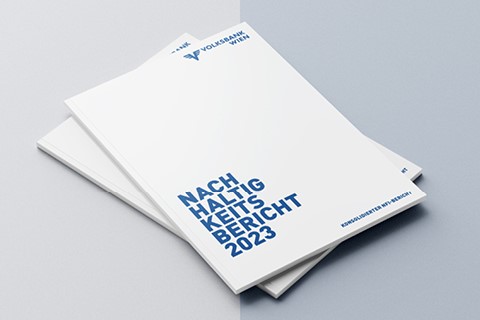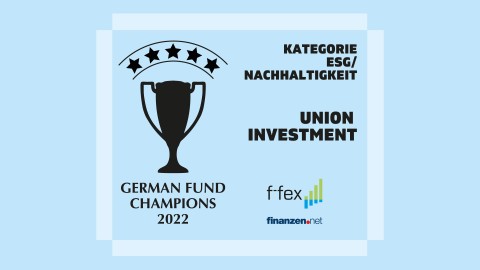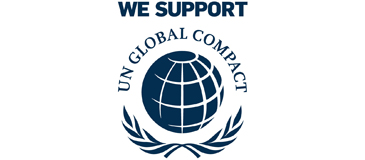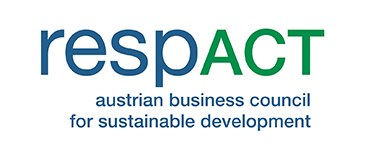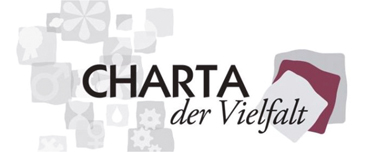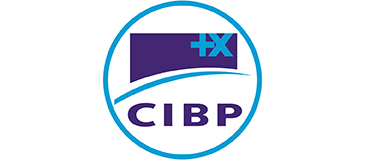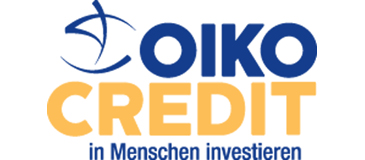In current booklets, the Volksbanks and the ÖGV (Austrian Federation of Cooperatives) provide information on all aspects of sustainable business management to SMEs and cooperatives, showing them ways to act sustainably and explaining what should be considered in this context.
Sustainability overview
Download the booklets “So geht Nachhaltigkeit für KMU und Genossenschaften” (How to make sustainability work for SMEs and cooperatives) here.
